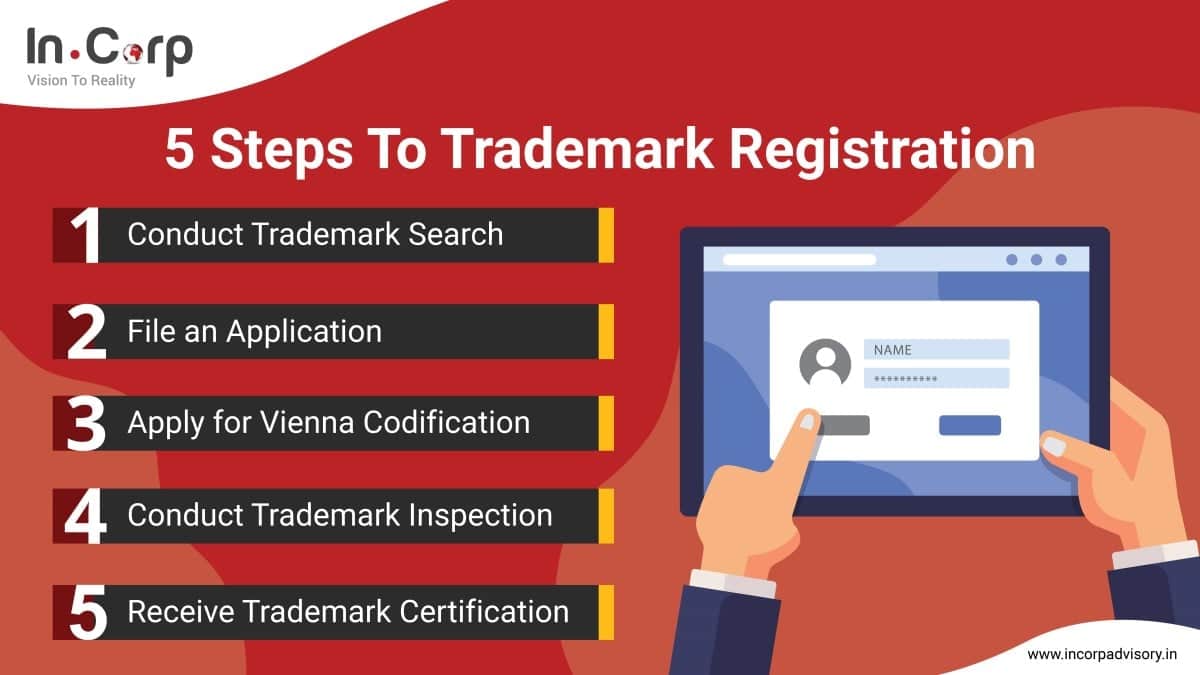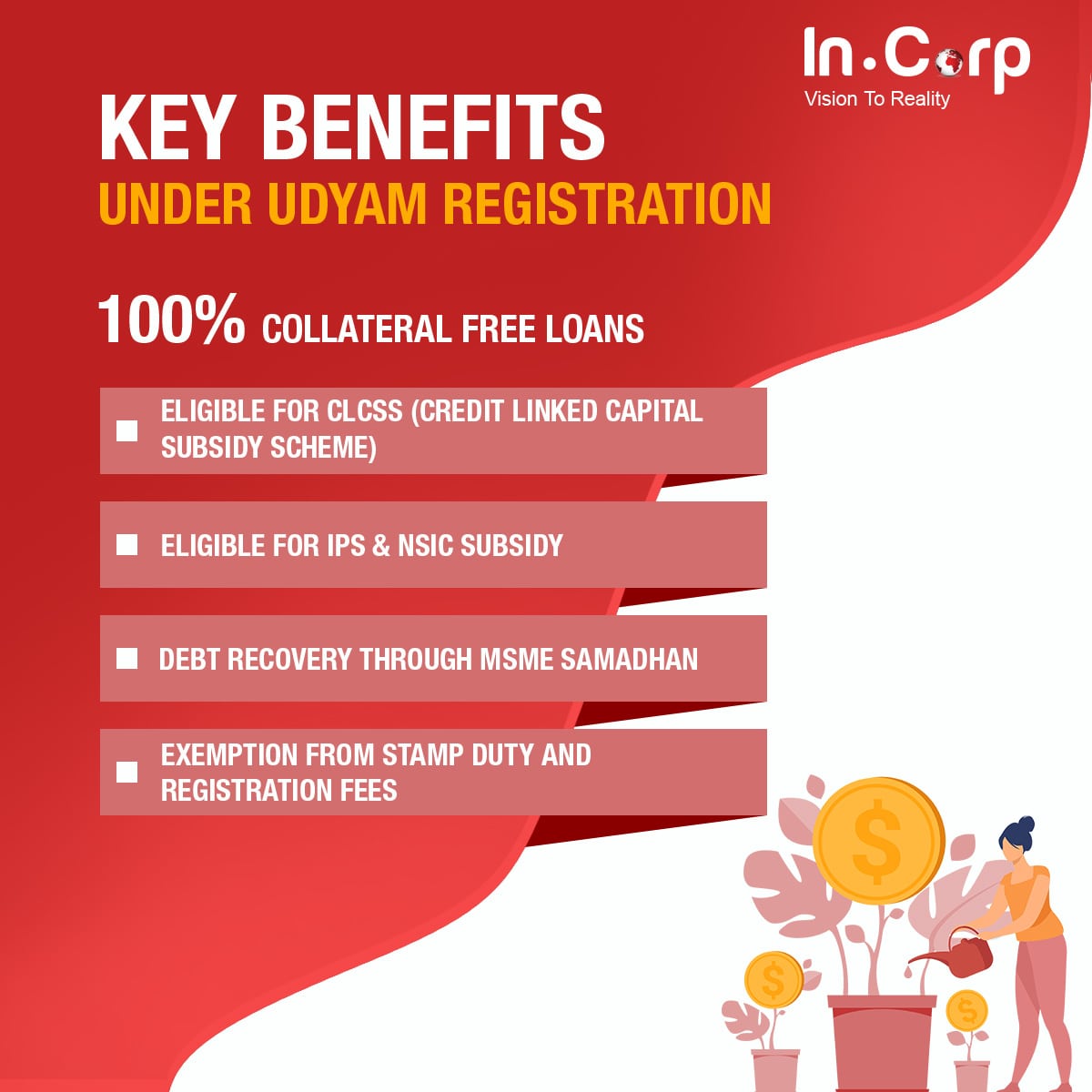The Finance Minister (FM) presented the Union Budget of 2022 with a focus on – PM Gati Shakti plan, productivity enhancement, financing investments, and climate action. We have compiled the key points highlighting the tax and policy updates.
The government has announced the following provisions in the Union Budget 2022:
- Reduction in AMT rates for Co-operative Societies from 18.5% to 15%.
- Reduced surcharge applicable for Co-operative Societies with total income of INR 1cr to 10Cr from 12% to 7%.
- Start-ups established before 31.03.2023 (earlier on 31.03.2022 has now been extended by 1 year) will be able to enjoy tax benefits u/s 80IAC.
- Last date for commencement of manufacturing activities for claiming lower tax regime u/s 115BAB to be 31.03.2024 (earlier on 31.03.2023 has now been extended by 1 year).
- Exemption on amount received for medical treatment and on account of Death due to COVID-19.
- Tax relief for persons with disability: Allow annuity payment to differently abled dependents when parents attaining age of 60 years.
- Deduction for National Pension Scheme for State Government Employees u/s 80CCC made at par with Central Govt. NPS which is currently @10% of Salary for State govt. Employee which has been increased to 14% of salary.
- TDS on sale of immovable property u/s 194-IA is now applicable on agreement value or stamp duty value whichever is higher @ 1% for value exceeding INR 50 Lakhs.
- Extension of bonus & dividend stripping Section 94 provisions to new pooled investments such as InvIT, REIT, AIFs.
- Rationalization of various provisions pertaining to Penalties, Assessment & Re-assessment proceedings under Income Tax Act.
- Rationalization of various provisions pertaining to Trust & its exemption.
- Withdrawal of various exemption provided u/s 10 available to specific employee class of assessee.
- Virtual Digital Assets (VDA) have been defined as Cryptocurrency, NFT & other tokens.
-
- Income from transfer of virtual digital assets to be taxed at 30%.
- No deduction for expenses other than cost of acquisition.
- Loss from transfer of VDA not allowed to be set off against any other income. Even carry forward of such losses not permissible.
- TDS @ 1% on consideration above specific threshold.
- Gift to be taxed u/s 56(2)(x).
- No repetitive appeals for common question of laws.
- Specified businesses to be eligible for benefit in Gift City – IFSC where there are certain income tax exemptions & benefits.
- Surcharge on Long Term Capital Gains on any assets to be capped at 15%.
- No set off of losses against undisclosed income detected during search & survey.
- Provision for filing ‘Updated Income Tax returns’ within 2 years from end of relevant AY in specific cases.
- Introduction of section 194R for TDS deduction on benefit/perquisite of business or profession.
- Extension of Specified financial transaction reporting to producers of cinematograph films or persons engaged in specified activities.
- Source of funds in hands of creditor needs to be proved in case of loan or borrowing in lines with share capital as per provisions of section 68.
- Health and education cess & surcharge not allowable as business expenditure u/s 37.
- Section 14A disallowance even if exempt income is not accrued or received during the year.
- Any deduction for payment made on account of offense in or outside India is not allowable u/s 37.
- In case of businesses reorganized under IBC laws, section 156A is introduced to give effects of order of Competent Authority like National Company Law Tribunal (NCLT) and modification of demand.
INTERNATIONAL TAX PROVISIONS
- Exemption in respect of income of a non-resident from transfer of non-deliverable forward contracts entered into with an Offshore Banking Unit (OBU) of an IFSC, now extended to offshore derivative instruments or over-the-counter derivatives.
- Exemption in respect of income of a non-resident by way of royalty or interest paid by an unit of IFSC on account of lease of an aircraft now extended to lease of ship.
- Deduction in respect of income arising from transfer of an aircraft leased by a unit of an IFSC, now extended to ship.
- Exemption in respect of income of a non-resident from portfolio of securities or financial product or funds managed by a portfolio manager in an account maintained with OBU in an IFSC.
- The benefit of exclusion from provisions of section 56(2)(viib) extended to Category I and Category II AIF regulated under IFSC.
- Tax relief for persons with disability: Allow annuity payment to differently abled dependents when parents attaining age of 60 years.
- Claim of refund of withholding tax deposited under section 195 can now be made by filing an application before the assessing officer which earlier required filing of an appeal before the CIT(Appeals).
- Withdrawal of concessional tax rate of 15% on dividend income received by an Indian company from a foreign company, where the Indian company holds 26% or more in such foreign company .
INDIRECT TAX PROVISIONS
With respect to GST, Customs Duty and Excise Duty the provisions announced in the Union Budget 2022 can be categorized as follows:
- Relaxation in time limits for rectification of sale invoice and to issue GST credit note against any sale invoice has been proposed to be extended from 30th September to 30th November of next financial year.
- Time limits to avail ITC on any invoice of any particular year has been extended from 30th September to 30th November of next financial year.
- Due date to file GST return by Non- resident taxable person (Form GSTR 05) has been amended from 13th to 20th of next month.
- In case of multiple GST registration of the same company, if tax of any particular state is mistakenly paid in any other state’s GST registration then mechanism can be transferred just by filing PMT 09 instead of applying refund.
- If ITC is availed wrongly but not utilized and is lying in electronic credit ledger then no interest will be applicable.
- Rate of interest on account of wrong ITC utilized reduced from 24% to 18% w.e.f. 01.07.2017.
- Clarification provided that the relevant date applicable for refund applications from supplies to SEZ is 2 years from due date of filing of Form GSTR 3B return.
- Grant of alcoholic liquor license against consideration in the form of license fee or application fee by State Governments shall be treated neither as a supply of goods nor a supply of service.
Rate changes in Customs and Excise
- Rate increase in speakers, headphones, and raw materials from 5% to 10%.
- Effective rate changes to be impacted by Phased Manufacturing Program.
- Rate decrease in camera lens for mobile and chargers from 10%/15% to 2.5% & 5% respectively.
- Rate increase in Imitation Jewellery from 20% to Higher of 20% on value or Rs. 400/kg.
- Rate decrease in Cut & polished diamonds and natural gemstones from 7.5% to 5%.
- Rate increase in Solar Cells and Solar Modules from 20% to 25% & 40% respectively.
- Effective rate to be ‘NIL’ till 31st March 2022.
- Rate increase in Umbrellas from 10% to 20%.
- Frozen Mussels and Squids – Rate decrease from 30% to 15%.
- Asafoetida and Cocoa Beans, whole or broken, raw or roasted – Rate decrease from 30% to 5% & 15% respectively.
- Methyl alcohol (methanol) and Acetic acid – Rate decrease from 10% to 2.5% & 5% respectively.
- Textiles other than those whose effective basic customs duty is not changed – Rate decrease ranges from 10% to 5% and amounts calculated square meter-wise whichever is higher.
- Rate increase in speakers, headphones, and raw materials from 5% to 10%.
- Effective rate changes to be impacted by Phased Manufacturing Program.
- Rate decrease in camera lens for mobile and chargers from 10%/15% to 2.5% & 5% respectively.
- Rate increase in Imitation Jewellery from 20% to 20% or Rs. 400/kg whichever is higher.
- Rate decrease in Cut & polished diamonds and natural gemstones from 7.5% to 5%.
- Rate increase in Solar Cells and Solar Modules from 20% to 25% & 40% respectively.
- Effective rate to be ‘NIL’ till 31st March 2022.
- Agricultural products, Chemicals and Plastics, Paper, Metals, Medical devices, Toys, Capital Goods.
- A duty-free scheme on goods meant to be used in goods meant for export by bonafide manufacturers to be introduced.
- Industries that will gain from this are the handicraft industry, textile and leather garments industry, leather and synthetic footwear industry.
Note: Anti-dumping duty (ADD) / Countervailing Duty (CDD) to be revoked on various goods imported from China, Germany, Vietnam and Korea.
- Gradual phasing out of exemptions for capital goods and project imports of the following major sectors: Textile sector, Power sector, Petroleum sector, Leather sector, Food packaging sector and Project imports in Coal, Gas, Iron Ore, and Water supply projects.
- Concessional rates of basic customs duty provided in notification no. 50/2017 dated 30.06.2017 and certain stand-alone notifications to be withdrawn for various goods or exemptions provided to be given an end date. Social Welfare Surcharge (SWS) to be levied on various goods falling under chapters 08, 15, 25, 52, 54, 55, 58, 60, 61 and 62.
- Fuel blends being Ethanol Blended Petrol with the percentage of ethanol up to twelve (E12) and fifteen (E15) percent respectively to be included Fourth Schedule to the Central Excise Act, 1944.
- Blended Motor Spirit with ethanol/methanol or High-Speed Diesel with Bio-diesel will see a levy of Basic Excise Duty of Rs. 2/litre from 1st October 2022.


